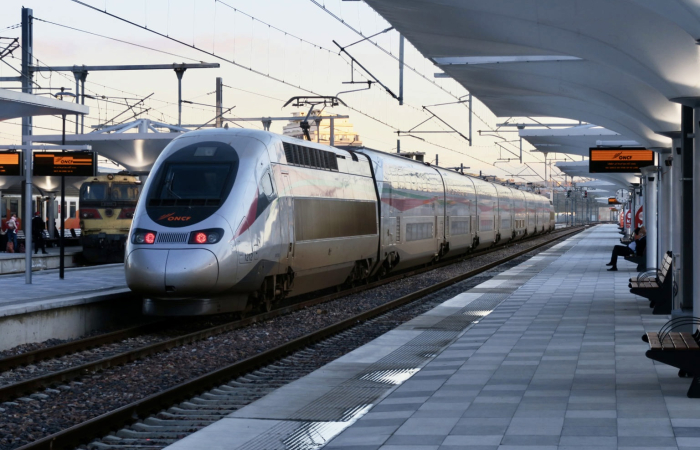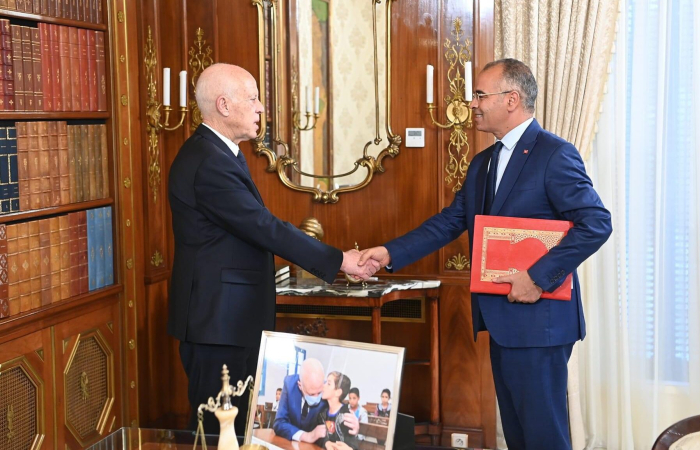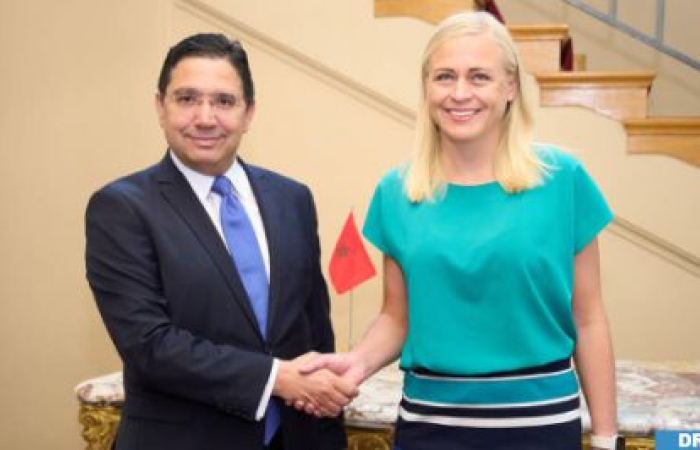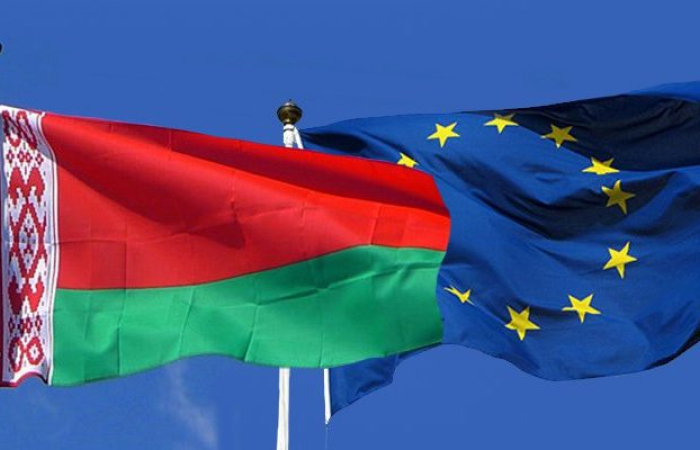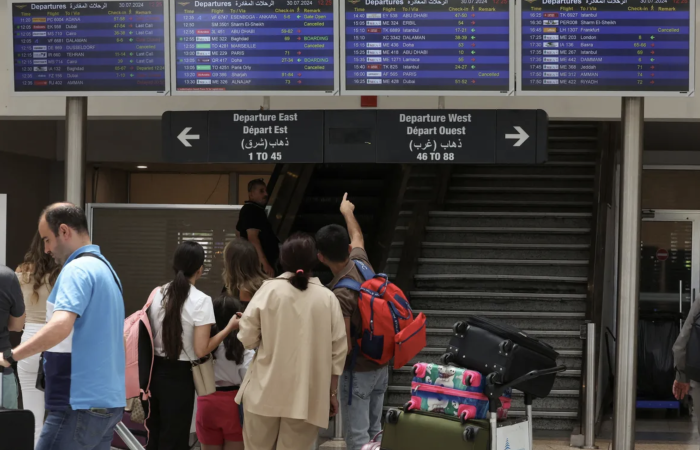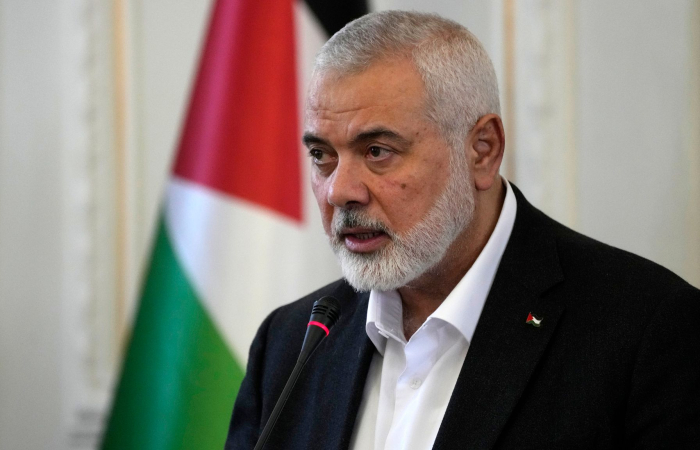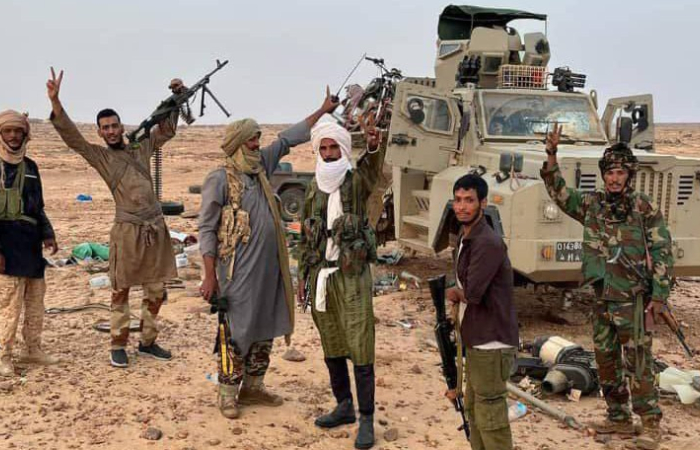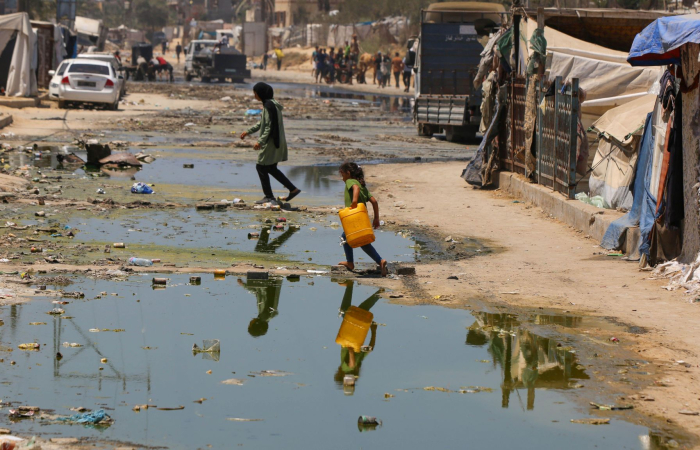Trending
US strengthens military fleet in Middle East
12 August 2024
In a telephone conversation with his Israeli counterpart Gallant, US Defence Secretary Lloyd Austin promised that an aircraft carrier already on its way to the Middle East would be speeded up. The US is also sending a nuclear submarine with guided missiles - the USS Georgia - to the region. The US aircraft carrier USS Theodore Roosevelt has been in the region for some time and will soon be joined by the USS Abraham Lincoln, which will carry advanced Joint Strike Fighter jets.




